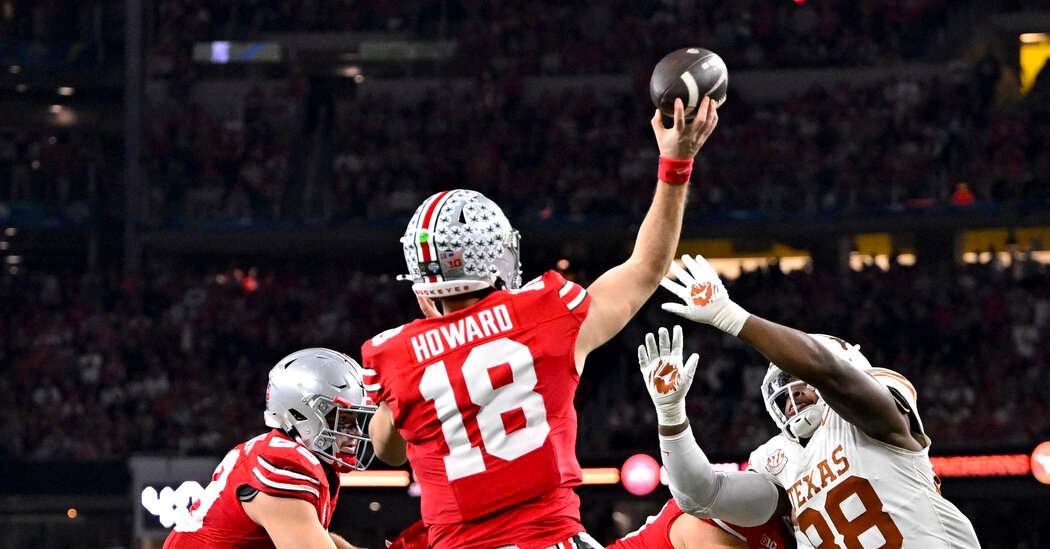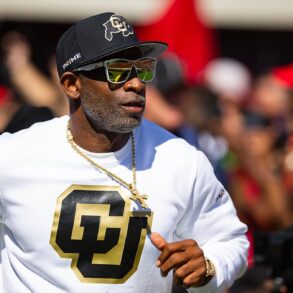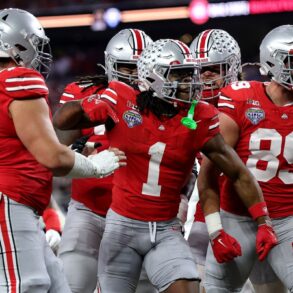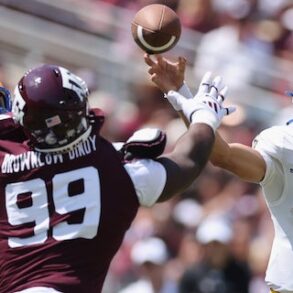
General managers — once purely the domain of professional sports — are taking over.
Notre Dame and Ohio State will meet tomorrow in the college football national championship game. After the final whistle, the authors of the victory will be paraded across your television. You will hear from the head coach, the quarterback, maybe the athletic director.
Who you probably won’t hear from, though, is the person who built the winning team: the general manager.
General managers, once purely the domain of professional sports, are taking over college football. In today’s newsletter, I’ll explain why.
Enter the G.M.
Managing a roster of over 100 players, and a staff of dozens, was always a difficult job for a coach. Now it is impossible.
That’s because the sport has changed drastically in the past few years. Players can be paid — for some, more than they would get in the N.F.L. — without sacrificing eligibility. And they can transfer to different schools between each season.
“The job is too big for a college coach,” said Andrew Luck, the former Stanford quarterback who recently returned to his alma mater as its football general manager. “The role has changed. The system has changed so much and continues to change.”
This post was originally published on this site be sure to check out more of their content.







